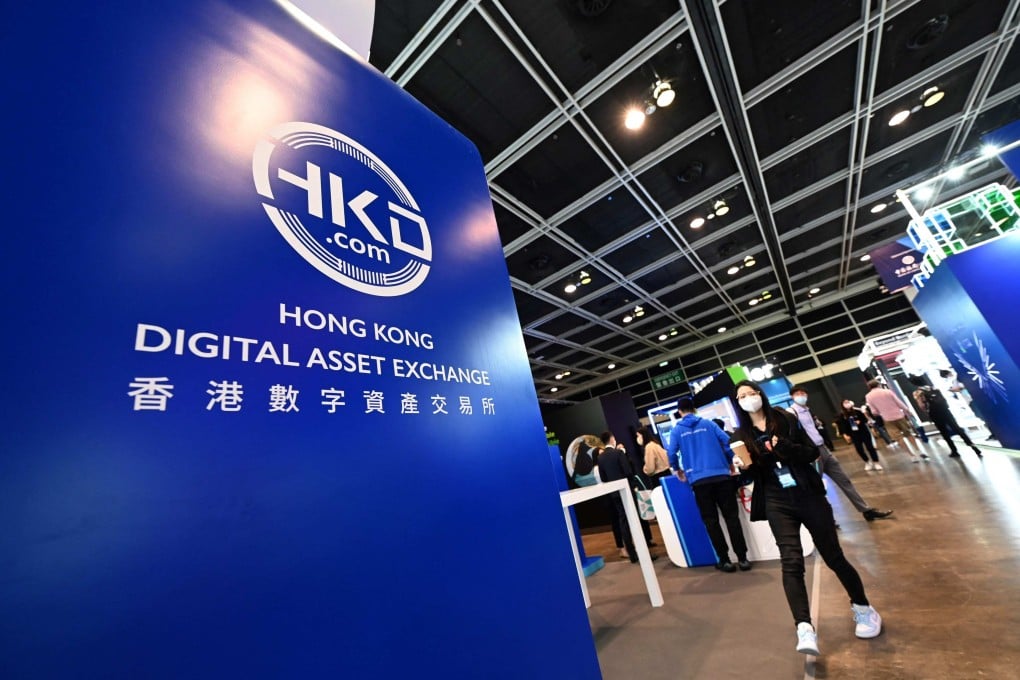Opinion | How Hong Kong can re-establish itself as a global digital assets hub
- With the inclusion of retail investors in its new regulatory regime, Hong Kong is becoming known as a digital-asset-friendly jurisdiction
- To become a true hub, it must continue to regulate effectively, recognise the specific tech requirements and include emerging retail and institutional use cases

But it is not just digital asset companies that will be supported by this new regulatory regime – financial institutions and corporations are beginning to produce distributed-ledger technology to increase efficiencies, reduce costs and offer new services to clients. This regime might just be the catalyst to spur further innovation in Hong Kong and drive the adoption of digital assets.
Tokenisation – a digital representation of a traditional asset that can be stored, transferred and settled over blockchain – allows for a common platform for traditional and digital assets to interact. This next phase in the evolution of digitisation will drive down transaction processing times, improve end-to-end transparency and attract a larger investor base.
Tokenisation is being used across multiple asset classes, including commodities, debt securities, equity securities and real estate.
